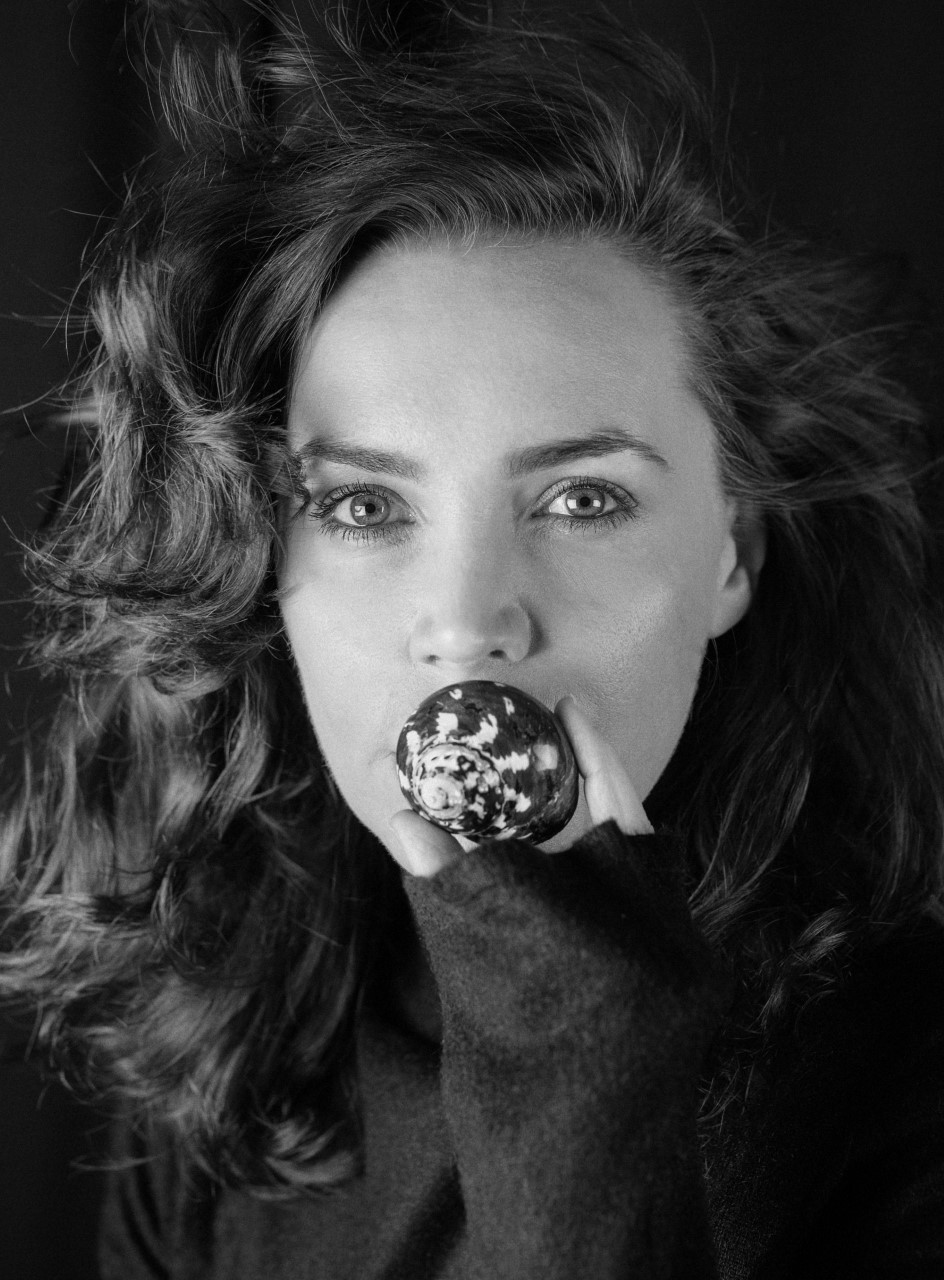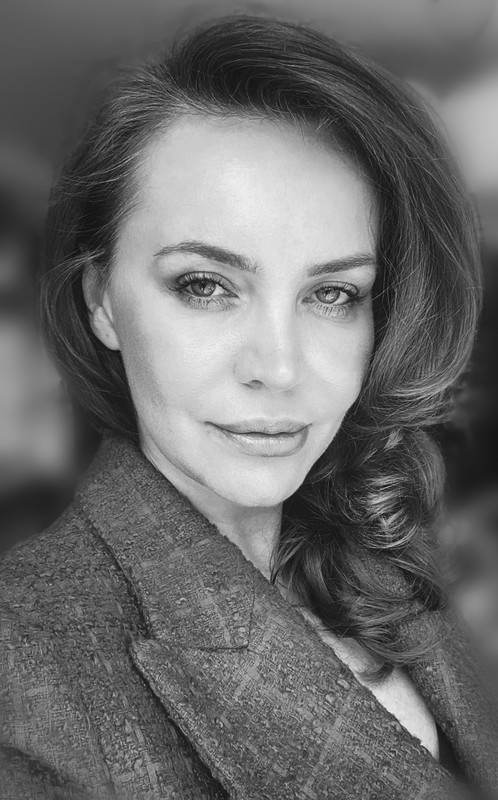
-Who is Urszula Nawrot?
I am a director, photographer and cinematographer. For 15 years I was engaged in dancing, I achieved an international master class in ballroom dancing. To this day, dance is present in my films and even in photography. I am looking for rhythm, harmony and movement in a cinema. Film editing must flow like a dance too. Movement is extremely important to me. In film scenes, I pay a lot of attention to the body language and choreography. The body can say much more than words.
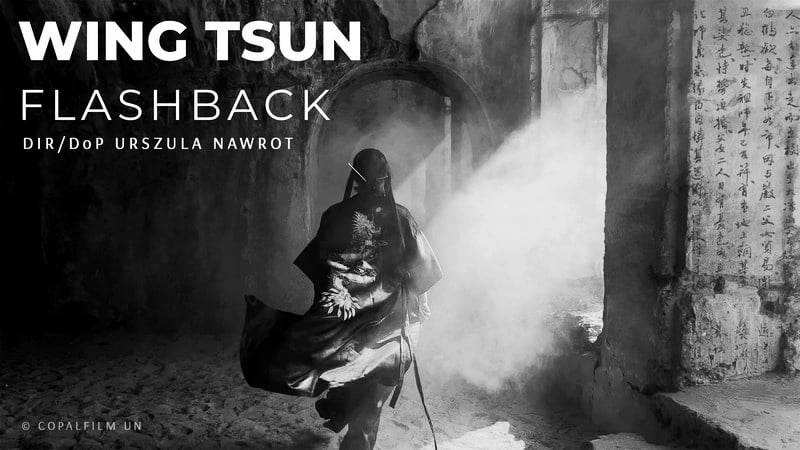
I always wanted to paint, but life turned out differently. I graduated with a Master’s degree in International Relations. Back then, I wanted to get so-called normal job. However, art won. After graduating from film school, I became an actress first, while developing my sensitivity as a photographer and director. I do not regret that my path to filmmaking was not easy, because I once heard that a director should first know something about life, get to know it from different perspectives. The technical skills can be learned later, and the best way to do it is to learn from a film master. So I did.
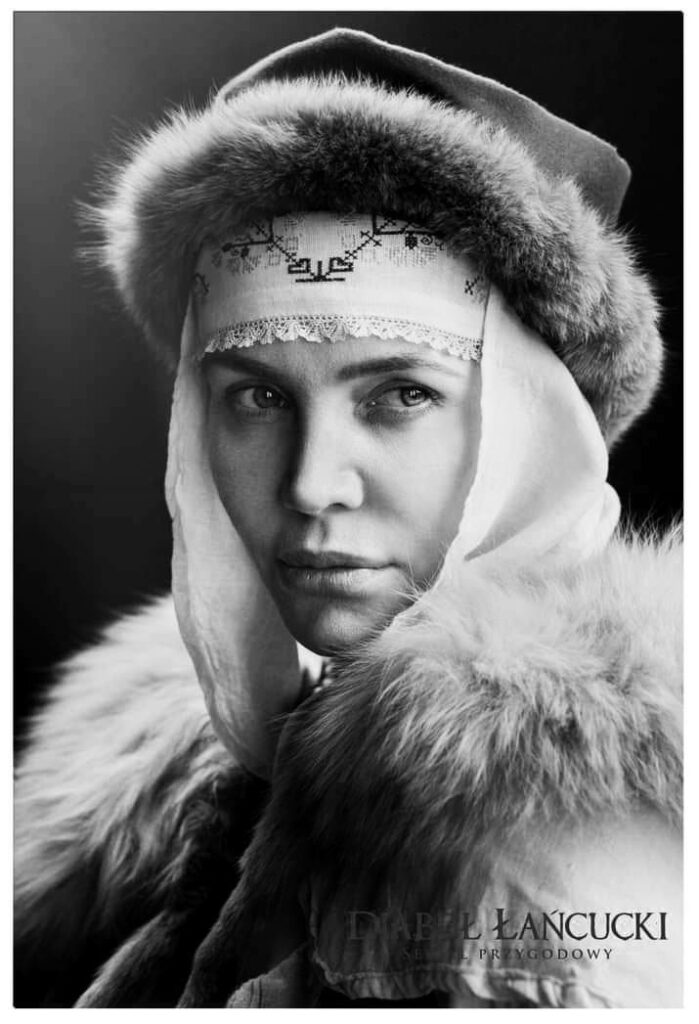
I was taught directing by Jack Gold, a British film director, and Andrzej Bartkowiak ( cinematographer Speed, The Devil’s Advocate) gave me cinematography advice. I couldn’t get better masters. Although I often do the work of a cinematographer, I do not consider myself a real cinematographer. I’m a director who can do cinematography. However, in the very act of creation, I value freedom. That is why I wanted to pursue film education in all departments. So it doesn’t matter to me if I have a big budget or not. If I want to shoot something, I just go and do it. As it was with Wing Tsun Flashback, where I had an idea, but no money. I found the right location, observe the light on the location to see what I can get from the natural lightening, made some tests, than filmed it with an iPhone ProRes 4k, edited and did the post production of the film by myself. Honestly, I just wanted to see, where can I go with that? It turned out great.
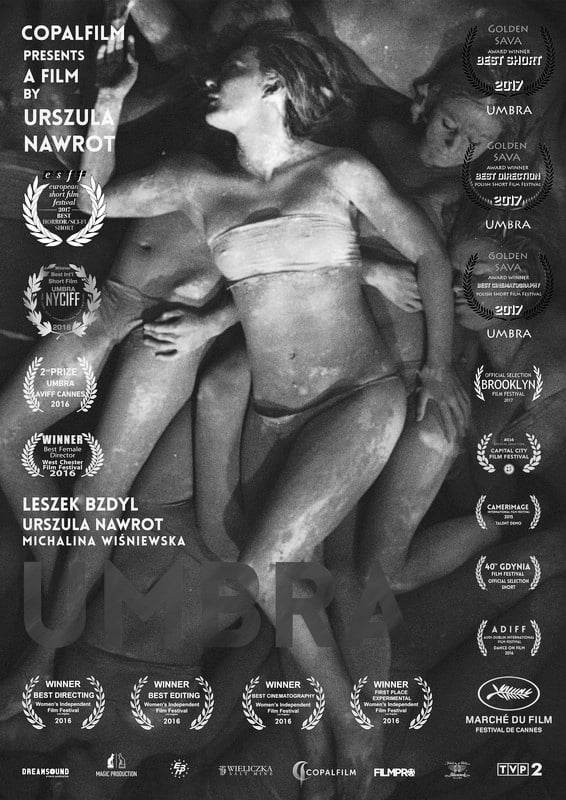
-What inspired you to become a filmmaker?
I was born in Poland, where film has a long tradition. I grew up on films such as “The Saragossa Manuscript” by Wojciech Jerzy Has (one of Martin Scorsese’s favorite films), films by Kieślowski, Majewski… I have always been fascinated by the image and what it can convey in emotions expressed beyond words. A word can create an image, an image will not create a word, but it will build a symbol, unsaid, constantly alive, constantly bringing new meanings. Precisely because in Poland, filmmakers often moved on the plane of dreams, symbols and unconsciousness, which inspired me to create my own films. For me, cinema is art, created by people like Bergman, Pasolini. I have always been interested in the inner world, Jungian psychology.
In high school, I became familiar with Jerzy Grotowski’s theatre and Grotowski Institute. For me, what was inside was more important than what was visible on the outside. In this spirit, “Umbra” was created, telling the story of the inner world of trauma and a woman who was sexually abused in childhood.
Wing Tsun Flashback is about touching the past by practicing old forms of martial arts. This image is not realistic. It is definitely some kind of movie dream. It is a teaser of something that I may create in a more complete form in the future. I think what’s inside us, our dreams says a lot more about us than what we see on the outside. Like this we can touch somebody’s soul.
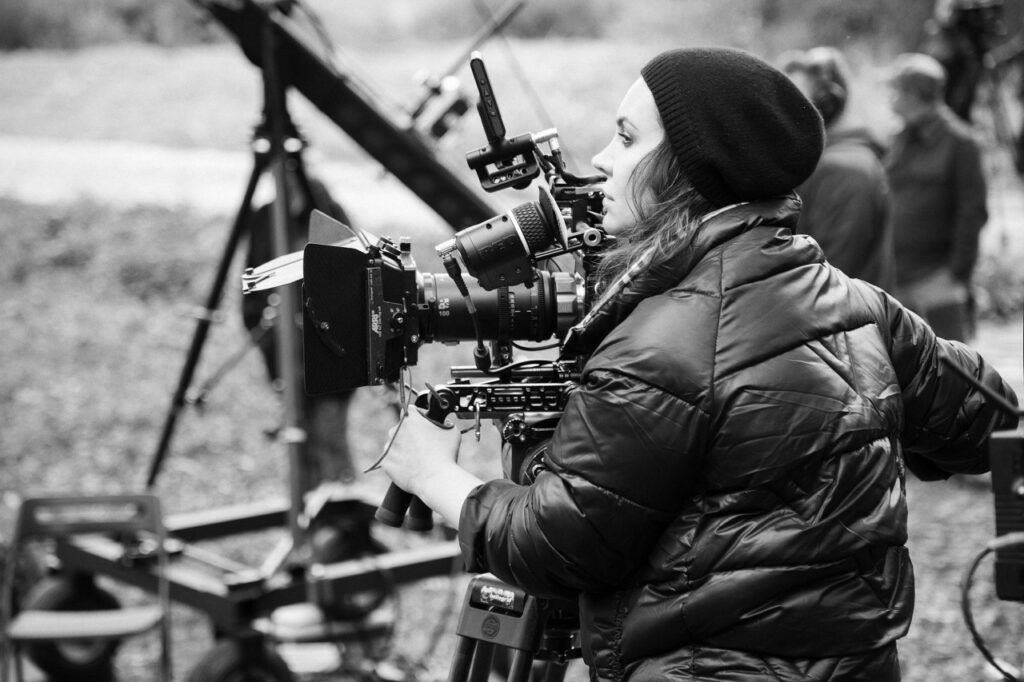
-Do you think the cinema can bring a change in the society?
I strongly believe that cinema can bring a change in the society. However, it is not the cinema that is based on scandal, fuels fears or gives people cheap entertainment or propaganda, tells the audience what to think, how to judge others. I am interested in cinema that asks questions, encourages the viewer to search internally, does not show easy solutions, but different perspectives, looking for the truth. Cinema has an extraordinary impact, it shapes our sensitivity and imagination. What we see when we are young builds us up as adults. I am very happy that I grew up on Kieślowski and Has. As a member of the Polish Filmmakers Association, I feel obliged to continue their ambitious vision of cinema in this commercialized world.
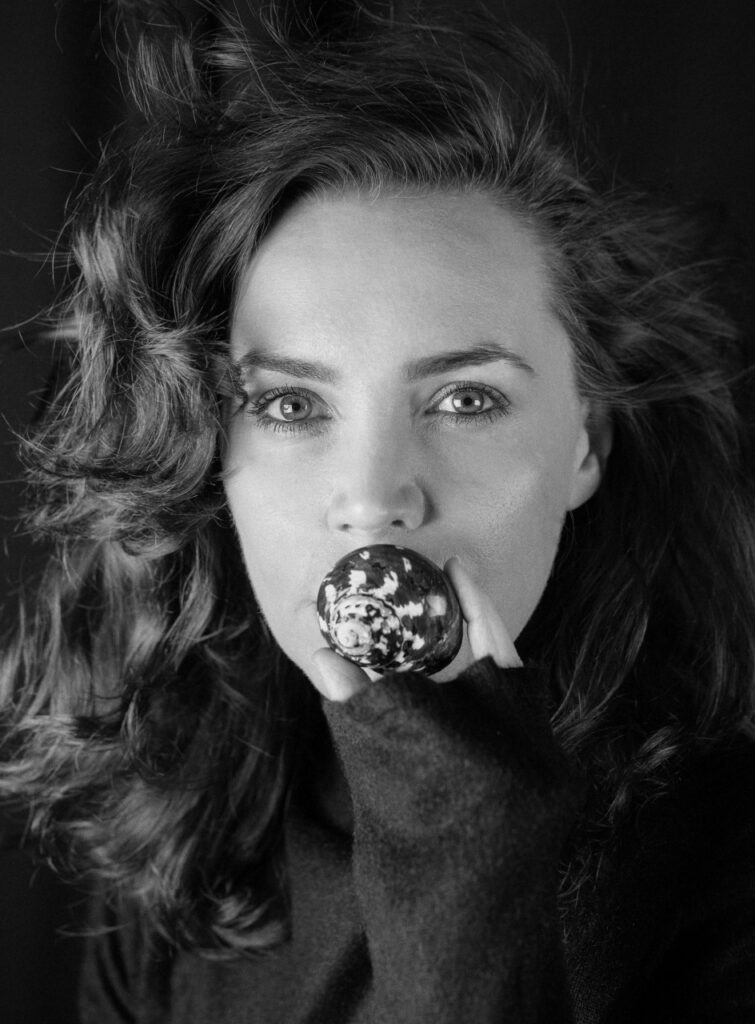
-What would you change in the world?
I believe that the biggest problem is the effects of traumatic experiences that we carry inside. Trauma is not what happens to you, is what happens inside of you as a result of what happened to you in the past . And even we can carry fears of our parents and grandparents as well. As a result of trauma, people lose contact with themselves, lose their self-esteem, which they then look for outside, they lose the natural, internal compass that allows them to distinguish good from evil. If someone experienced harm, evil in childhood and it was ignored by the environment, then as an adult often repeats these pathological behaviors without even knowing that is hurting someone. If I could change anything, it would be to free people from the devastating consequences of trauma. And that’s what I try to do in my photographic and film work. Umbra is the first such film and has been recognized by outstanding specialists in the field of psychiatry and psychotherapy both in Poland and abroad. I am currently working on a new feature-length film with a similar theme. I would like people to stop looking outside for confirmation of their own worth, stop comparing and chasing each other. I wish the media wouldn’t promote a culture of achievement and a celebrity lifestyle. Well, that’s a pretty utopian dream.

-Where do you see the film industry going in the next 100 years?
It is difficult to assess today, because we are usually convinced that the world is moving forward, while it can take a step back even in issues that would seem as obvious today as personal freedom and democracy, which we are convinced by subsequent events on the world’s political scene. Cinema is a means of expression that can tell trivial things or even lie, but it can also be used to create art and show the truth. I hope that the cinema will look for the truth, which is difficult in the case of high-budget projects, because there is some business at stake, a question of risk, sales, earnings, etc… I have the impression that the art of film has been raped by commercialism. The origins of the film were in art circles. Then the value of cinema was recognized and the film slowly moved towards entertainment. Making the film was too expensive and too complicated, making it inaccessible to many artists. However, today technologies have developed a lot and a pretty good picture can be created even with a mobile phone, and the so-called non budget projects can get quite decent quality. For this, it is enough to have a YouTube channel and you can promote your work. I think these tools will continue to be refined, and filmmaking will become much more affordable, which will give artists more creative freedom, because no one behind the desk will decide whether something will be made or not. This should result in a variety of film forms, genres, which is already happening. We will no longer stick rigidly to the so-called movie formats. This should resemble the revolution in painting at the turn of the 20th century. Young people today are increasingly watching short videos on YouTube. Recently, I became interested in the work of AI myself. Today I can generate a photo based on entering the appropriate parameters. I think that in a future, I will be able to make a film like this as well. So this freedom of expression should be the future of film, but if we find ourselves in a system where this freedom is limited, even a technological revolution will not help here.
